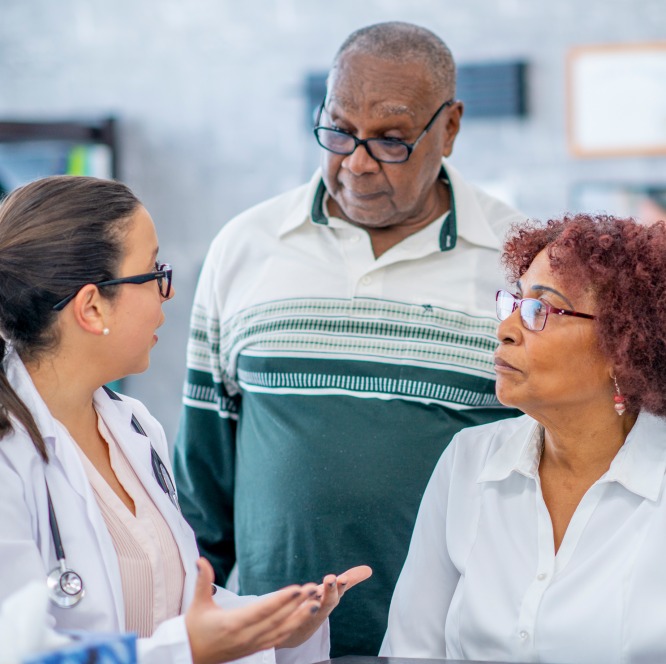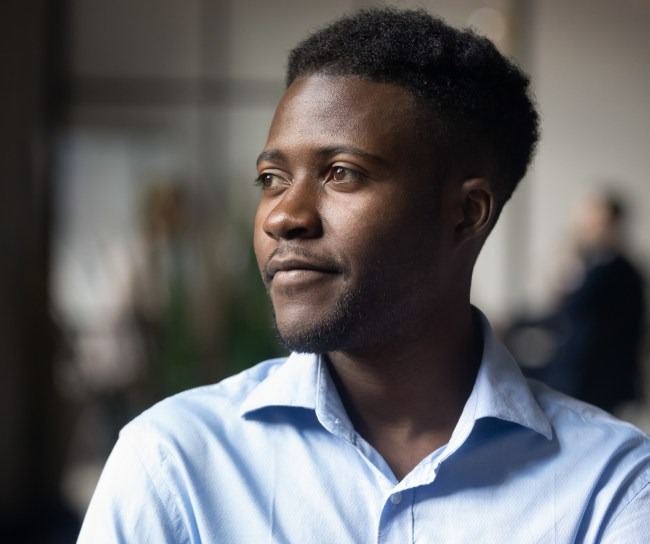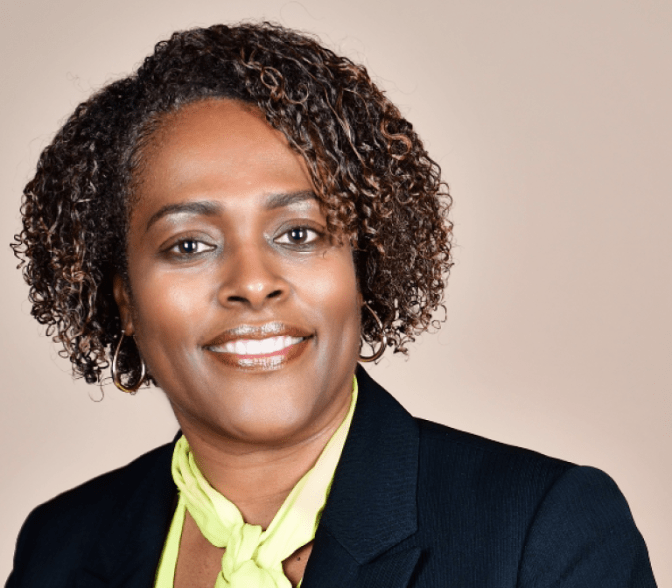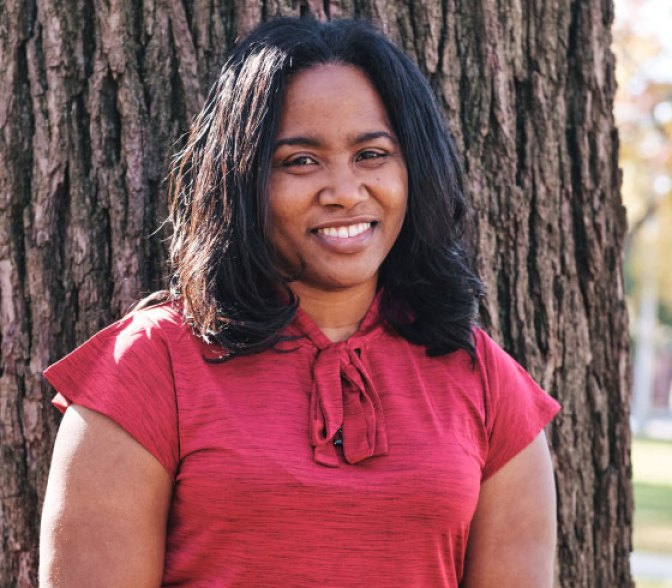
Diversity in clinical trials
We’re committed to helping people from all backgrounds address their health needs and ensuring that our research reflects the people we serve.
Why is diversity in clinical trials so important?
Different people may have different reactions to the same medicine based on their age, gender, weight, race, ethnicity and other factors. Clinical trials rely on volunteers to participate, and they can help show if the medicines and vaccines are safe and work well for people from all different communities.
Participants in our clinical trials in 2023, at a glance:
What we’re doing to increase diversity and inclusion in clinical trials
It’s critical that we enroll a broad and diverse community of people in our clinical trials.
Our recruitment process continues to evolve so that our clinical trials achieve the appropriate participant representation to help us safely bring new medicines to all people.
To ensure diversity in our clinical trials, we’re:
Get more information about clinical trials

Clinical trials
Our progress is due in large part to the important and tough scientific questions we set out to answer with our trials and collaborations. We are grateful to the thousands of volunteers who participate in our clinical trials — making this all possible.

Find a trial
Our clinical studies are conducted in many different countries and populations, including people of varying age, race, ethnicity, gender and accounting for other potential disease related factors.






